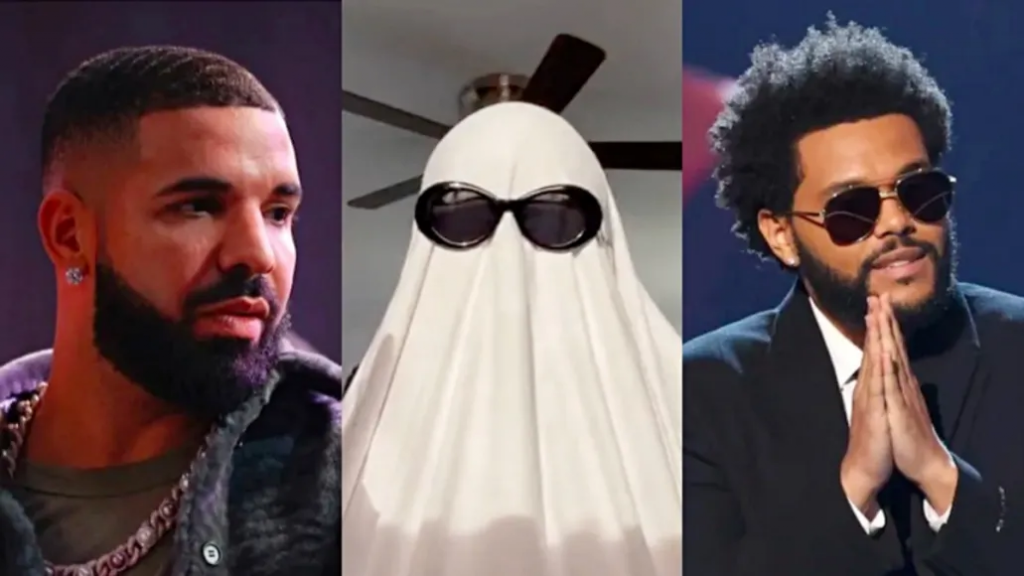AI-generated music has once again taken center stage in the music industry, this time with a contentious song submitted for Grammy consideration. “Heart on my Sleeve,” produced by an anonymous artist known as Ghostwriter, features the cloned vocals of renowned artists Aubrey “Drake” Graham and Abel Makkonen “the Weeknd” Tesfaye. This development has sparked intense debate about the role of AI in music creation and the boundaries of artistic expression.
The song initially gained notoriety when it went viral on TikTok, accumulating hundreds of thousands of streams on Spotify and millions of views on the video-sharing platform. Universal Music Group, representing Drake and the Weeknd, promptly demanded the removal of the song from various streaming platforms. However, the controversy surrounding the song persisted.
Recently, Ghostwriter confirmed that “Heart on my Sleeve” had been submitted to the Grammy Awards for consideration in the “best rap song” and “song of the year” categories. These nominations, typically awarded to the songwriters, not the performers, raise intriguing questions about the ethics and artistic merit of AI-generated music.

The debate centers on whether artists using AI to replicate the vocal styles of others should be eligible for accolades. Do musicians like Drake and the Weeknd possess exclusive rights to their vocal signatures, or is AI-generated music a legitimate form of creativity? The Recording Academy’s Harvey Mason has suggested that as long as a human is involved in the creative process, AI-generated music remains eligible for Grammy recognition.
Mason acknowledges that AI is an increasingly significant force in the music industry and cannot be ignored. The issue surrounding AI-generated music is not merely a concern for the Grammy Awards but also a broader conversation within the music community and industry.

Ghostwriter, undeterred by the controversy, is pressing forward with their innovative approach to music. Their next project, “Whiplash,” features cloned vocals from rappers Travis Scott and Shéyaa “21 Savage” Bin Abraham-Joseph, sending a clear message that AI is here to stay in the world of music.
Controversy about whether AI-generated music deserves to be in the spotlight is certain to persist. The limits of creativity and AI’s place in the music business will continue to be hotly debated and researched as technology develops. There is no denying that AI is changing the musical scene, and its effects cannot be minimized.


